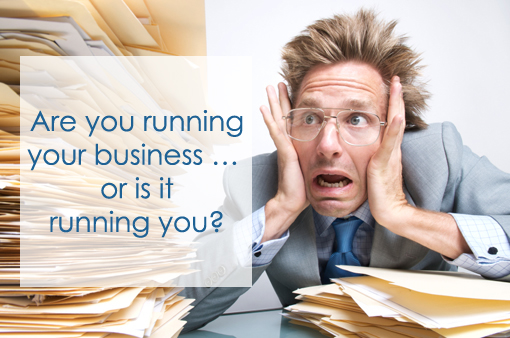How to manage your expenses – tips for small business owners
Keeping track of your expenses is one of the most fundamental tasks for a small business. The largest part of your tax return will be based upon your business expenses, and accurate records can help to reduce the amount of tax you pay. So it’s important to set up good recording processes and practices right from the beginning. Even if you are using a bookkeeper or accountant to do your books, keeping your own records, and managing your expenses efficiently will make the process much simpler. In this blog we will share some of our own thoughts on how to manage your expenses, as well as insights gleaned from working for our clients.
1. Know what records you legally have to keep for your business
The types of records you must keep, and how long you have to keep them, depends on the type of entity you are – e.g. sole trader, limited company etc – and other factors such as whether you are VAT registered. Records should include sales, purchases, payments, receipts, payroll, expenses and mileage. Keeping your bank and card statements, cheque book and deposit book stubs can assist with this.
2. Use technology to create your records
If you are a small business, this doesn’t have to involve purchasing an expensive software package – a simple excel spreadsheet of expenses can be enough. Whichever program/software you choose, be it an expense report template in excel or otherwise, digital records will make your expense management simpler and more efficient.
3. Group expenses into categories
To enable you to keep track of your expenses against your budget, it helps to categorise your expenses in to departments or groups, for example Office Supplies, Mileage, Stock, Wages. This will allow you to analyse particular categories if you wish and to keep track of where the majority of your spend is allocated. However, it’s important to make sure that you consistently post expenses under the same category, otherwise it becomes difficult to do any meaningful analysis.
4. Record your expenses as you incur them
It is far more efficient to record your expenses regularly than to save them all up until the end of the tax year. Take time once a month or even once a week, to make a record. This also helps to avoid ‘losing’ expenses that you’ve forgotten about. An additional benefit of regularly doing your expenses (and categorising them as in tip 2) is that you can assess any areas where you are overspending.
For mileage claims, it is a good idea to use a travel expense report template. This isn’t as formal as it sounds – it can be purely a form on which each business journey is recorded including the ‘from’ and ‘to’ location and number of miles. This can be kept in the car so that details can be recorded at the time, rather than having to remember at a later date.
5. Make a note of recharges
If you pass on costs to your clients (known as recharging), it’s doubly important to keep track not only of what has been spent, but which client it should be attributed to. An easy way to do this is to write on the receipt if it’s something you purchase with cash or a card, or alternatively make a note when you record the expense, which of course you are doing regularly as per tip 3!
6. Keep business and personal transactions separate
Where possible it is much better to avoid using personal accounts, cards or cash to make business-related purchases. It makes the accounting process much cleaner and will help give you a more accurate impression of business cash flow, income and expenditure.
We hope you found our tips on how to manage your expenses helpful. If you‘re looking for an expense management virtual assistant or would like to know more about business finance support services feel free to use our contact form.
 Reviewed by Arup K Seth
on
20:13
Rating:
Reviewed by Arup K Seth
on
20:13
Rating:








No comments: